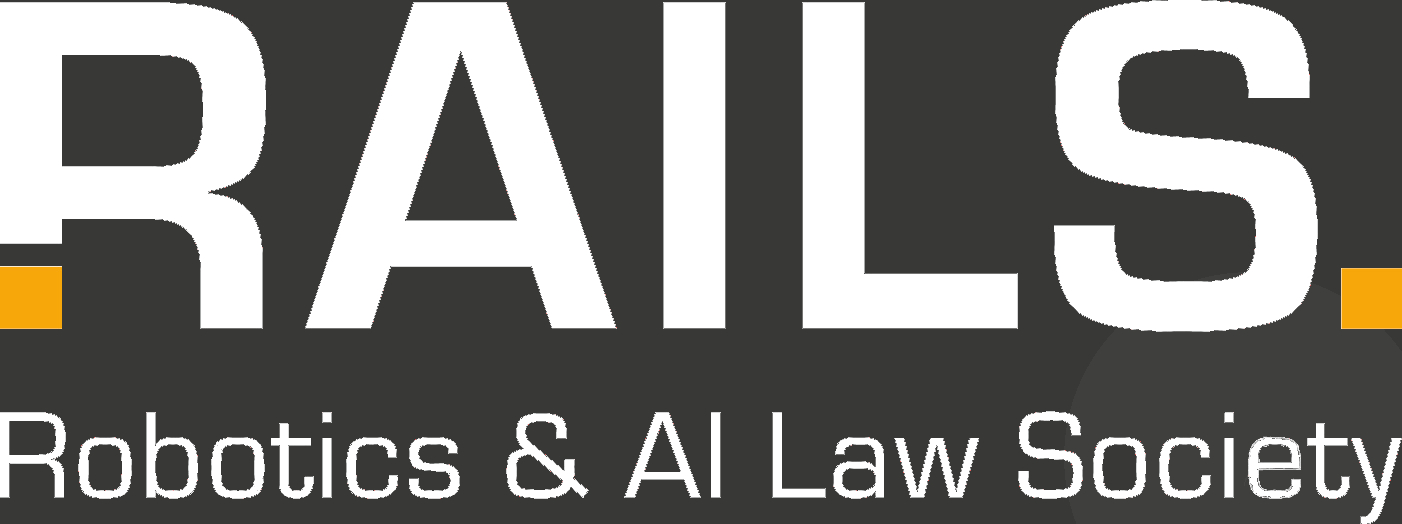On October 30, 2022, pursuant to government resolution 212 of August 2021, the Israeli Ministry of Innovation Science and Technology released its “Principles of Policy, Regulation and Ethics in AI” white paper for public consultation (Hereinafter: “AI white paper”). The AI white paper is a lengthy and comprehensive primer on AI and AI regulation, which sets forth policy, ethics and regulatory policy recommendations. This blog post will outline the 6 AI ethical principles provided in the AI white paper, the practical recommendation that follow these principles, and will conclude with short preliminary remarks and insights on this new draft AI white paper.
An article by Amir Cahane
Drawing on the OECD Recommendations on Artificial Intelligence, the AI white paper offers a set of 6 AI ethics principles. Similar to those outlined in the recently published US blueprint for an AI bill of rights white paper which intended to support AI policies and practices., these principles are non-binding and are not meant to replace any applicable legal framework nor to provide basis for legal interpretation. However, the AI white paper frames them as principles worthy of consideration while developing and using AI and regulating it.
Proposed AI Ethics Principles
The first AI ethics principle proposed by the paper is “AI for growth, sustainable development and Israeli innovation leadership,” while echoing principles of beneficence that can be found in many AI ethics documents, also emphasize a more strategic principle of domain leadership. This is in line with the recent Regulation Act which emphasizes these same principles as the core motives for any new regulation.
The second principle, Human centered AI: adherence to fundamental rights and public interests reflects a conception of human-centric AI development that takes into account fundamental rights (in particular privacy and human dignity), rule of law and public interest considerations. The human-centric principle should be a normative focal point in the development and use of AI.
The concept of fairness is embodied in the third principle of Equality and prevention of prohibited discrimination, which relates to algorithmic bias concerns. The AI white paper further states the importance of risk management throughout the AI life cycle.
The fourth principle, Transparency and explainability, couples the common ethical principle of informed interaction with AI (see, for example, Art. 52 of the draft EU AI Act) with the black box challenge posed by complex algorithmic models and ML in particular. The concept of transparency, is broader than article 22 of the GDPR, and is not limited to informing subjects of automated decision-making that they are interacting with AI, but is perceived as rendering information on the decision-making process accessible.
The penultimate principle of Reliability, robustness, security and safety, acknowledges the potential risks involved in AI use, be they generally applicable to IT or solely to AI, given its adaptive and evolving nature in the context of ML. Practically, The paper promotes providing the various users of AI with information relevant for coherent risk management as well as instituting proper documentation procedures that allow for ex-post analysis of AI systems.
The sixth and final principle of Accountability states that developers, users and operators of AI systems will be generally responsible for its proper functioning and for maintaining the AI ethics principles in its activity. Thus assuming that AI systems are a product of human endeavor and accordingly humans should be responsible to the outcomes of their operation. Practically, this principle requires placing measures to minimize reasonably foreseeable threats to fundamental rights and public interests
Regulatory recommendations
In addition to outlining a set of proposed AI ethics principles, the AI white paper also provides recommendations pertaining to AI regulatory policy.
First, the AI white paper calls for sector-based regulatory efforts (subject to a uniform government policy), rather than overarching sector-crossing regulation. According to this AI white paper, similar to the UK approach to AI regulation, it is too early to promote general AI legislation frameworks akin to the European AI Act, preferring rules governing the use of AI in a particular sector..
Second, to prevent import and export barriers due to unique legislation, the AI white paper recommends a local regulatory design compatible with global industry standards as well as leading AI regulatory legislation around the globe.
The third component is a risk management approach, based on concrete uses of AI systems within different regulatory sectors. The AI white paper further describes its approach to risk management as a risk-based governmental management of regulatory interference coupled with the management or risks by organizations that develop or use AI systems.
The AI white paper argues for soft regulation given the initial stage of AI technology and the need to incentivize its development and adoption. The AI white paper lists ethical principles, standardization, regulatory non-binding recommendations, and self-regulation as potential soft regulation techniques.
The Israeli AI white paper further suggests to adopt a modular framework of regulation, which develops flexibly in accordance to technological developments, utilizing tools for controlled regulatory experiments, such as sandboxes.
The final component of the regulatory policy proposed by the AI white paper is public participation in regulatory design. AI regulation should be developed in consultation with the experts and stakeholders.
Additional action items
The AI white paper concludes with additional recommendations regarding the next steps that should be taken. Regarding institutional design, it suggests forming an interdepartmental government coordination unit which will also serve as an AI body of knowledge. The unit will provide for the cross-government harmonization of sector-based AI regulation by developing AI policy and regulation, advising government departments and regulators on these matters and by promoting the responsible use of AI systems. The AI white paper further suggests forming governmental forums to promote interdepartmental coordination efforts on this matter, as well as round-tables with representatives from industry and academia.
Another recommended action item is that applicable government bodies shall map within their regulatory domain, the relevant uses of AI systems, potential risks and challenges pertaining thereto and possible responses.
Additionally, the AI white paper supports the active Israeli involvement in international forums developing AI regulation and standards, such as the OECD, GPAI or CAHAI.
Finally, the AI white paper calls for developing or adopting a uniform risk management system (similar to the one outlined in Art.9 of the proposed EU AI Act) which will promote a shared language for AI regulation between regulators and private entities.
Analysis
The Israeli AI white paper is a comprehensive and thorough document. Its ethics principles are in compliance with AI ethics principles adopted worldwide. The cautious regulatory stance of the AI white paper, which turns to soft regulatory techniques in order to avoid stifling innovation, may be attributed to the fact that its regulatory policy is aimed at the private sector. A more resolved approach would be expected for regulating in-house government use, deployment and development of AI systems, which may have more direct adverse effects on fundamental rights and liberties. Nevertheless, the AI White paper risk management approach refrains from setting red lines of categorically prohibited uses of AI technologies (such as those listed in Art. 5 of the European AI Act), which may be developed in the private sector to be later deployed by public authorities.
In addition to the plethora of international sources, most prominently the European AI Act and the OECD principles, from which the AI white paper draws its inspiration, it also tacitly reflects some of the underlying regulatory concepts of the Cyber Security and National Cyber Directorate Bill (hereinafter: INCD Bill), a pending draft law setting the legal framer under which the Israeli National Cyber Directorate shall operate. Similar to the INCD Bill, the AI white paper also proposes an approach mainly relying on contextual regulation by existing sector regulators (however, under the framework in the INCD Bill offers a more centralized model). additionally, akin to the INCD Bill, the AI white paper also calls for a risk management approach, and for thorough regulatory mapping of threats posed by different uses of AI systems throughout the market.
When it comes to the road ahead, the Israeli AI white paper appears to be pensive. While it is indeed too early, as the paper argues, to enact a local Israeli AI Act, policy makers should prepare the groundwork for such future legislation. The passage of time cannot be overlooked, given that the Israeli AI white paper was commissioned well after the publication of the first draft of the EU AI Act – that is, when other key players are already developing AI legislation.
In that sense, the AI white paper disregards the long term need to set proper ground for an Israeli AI law. While it recommends to use experimental regulatory tools or to continue the Israeli involvement in international AI fora it neglects to direct these efforts towards overarching AI legislation, that will also provide rights and protection for subjects of automated decisions, and will safeguard and uphold its own ethics principles.
Published under licence CC BY-NC-ND.


